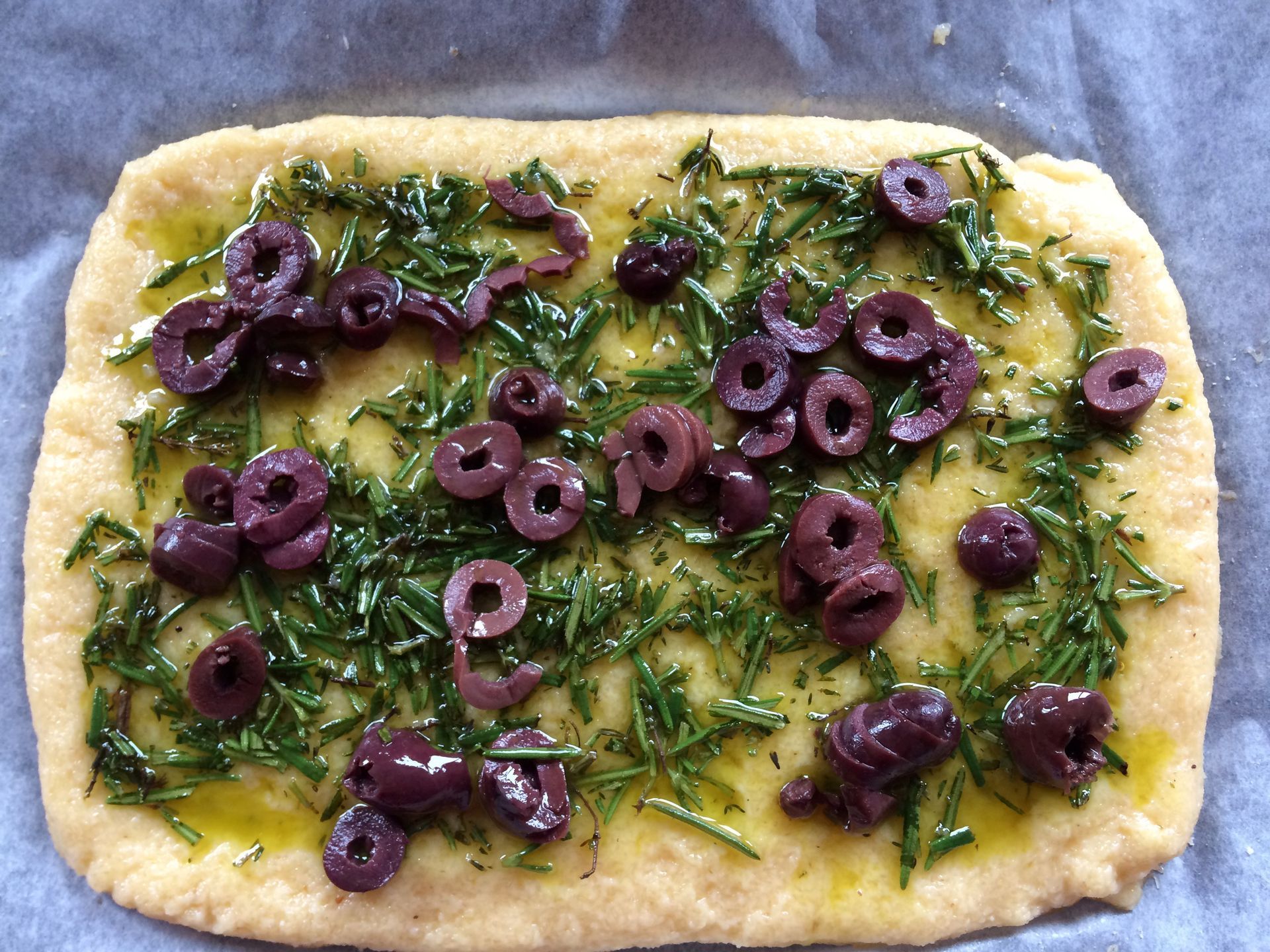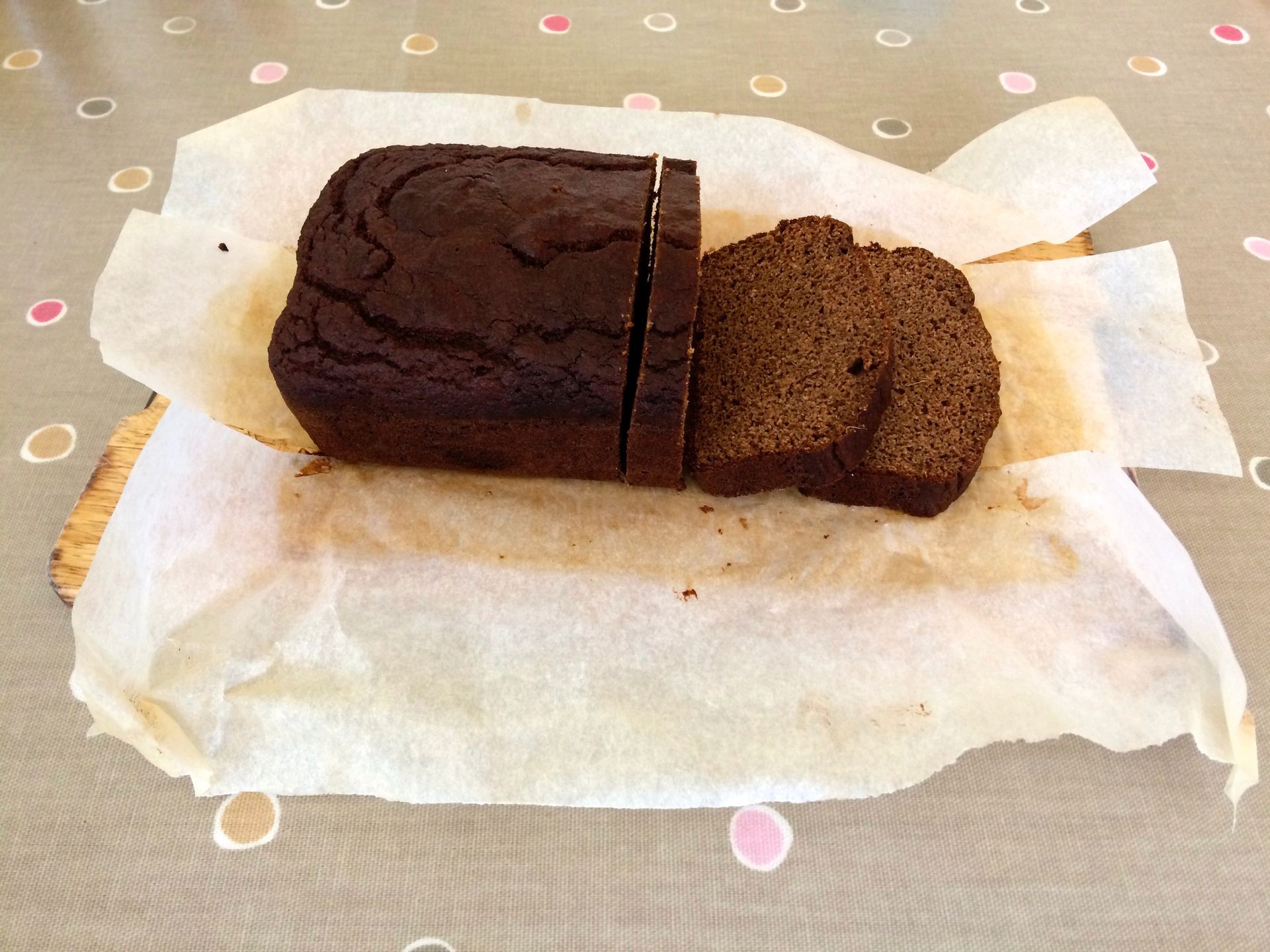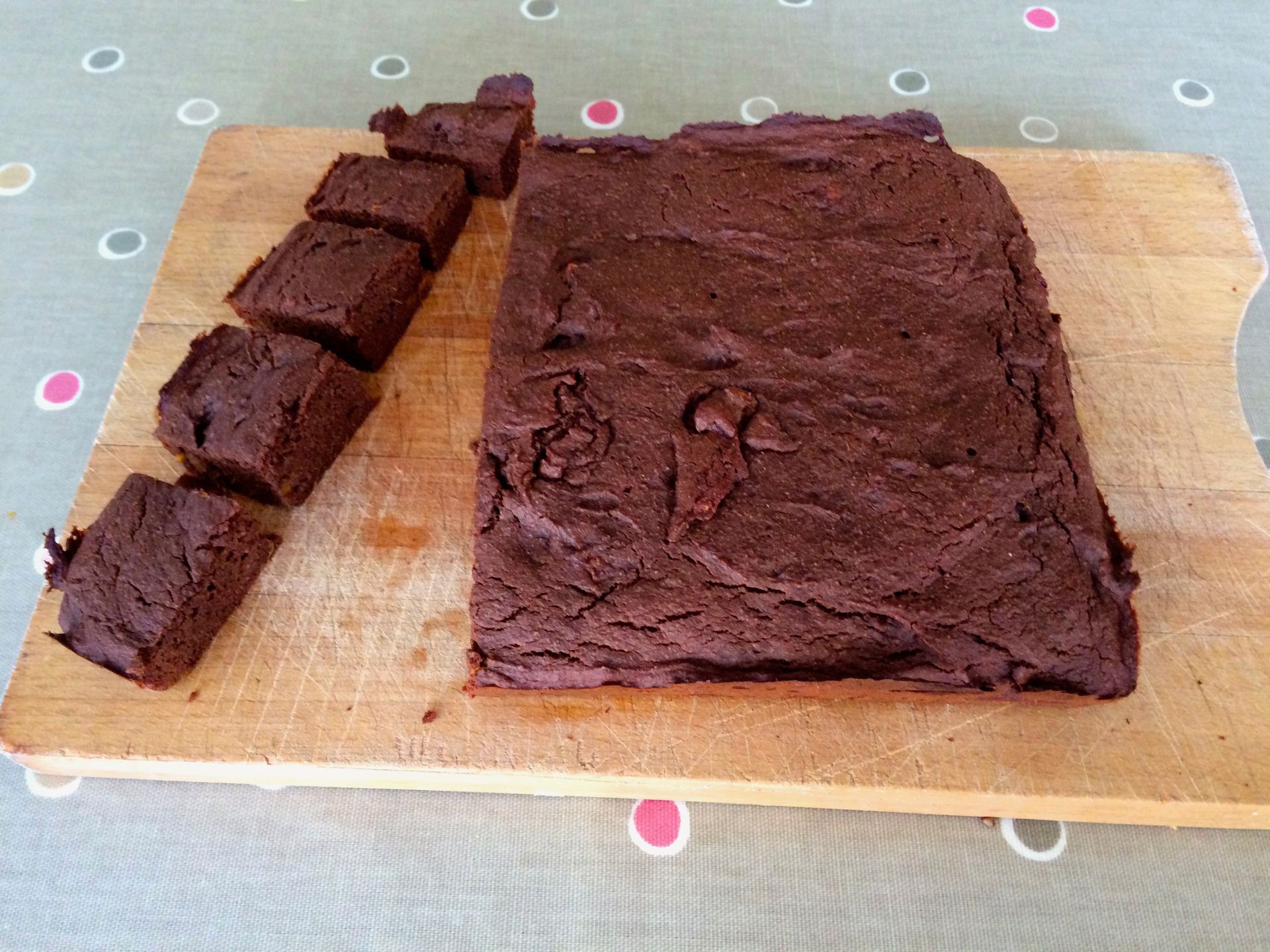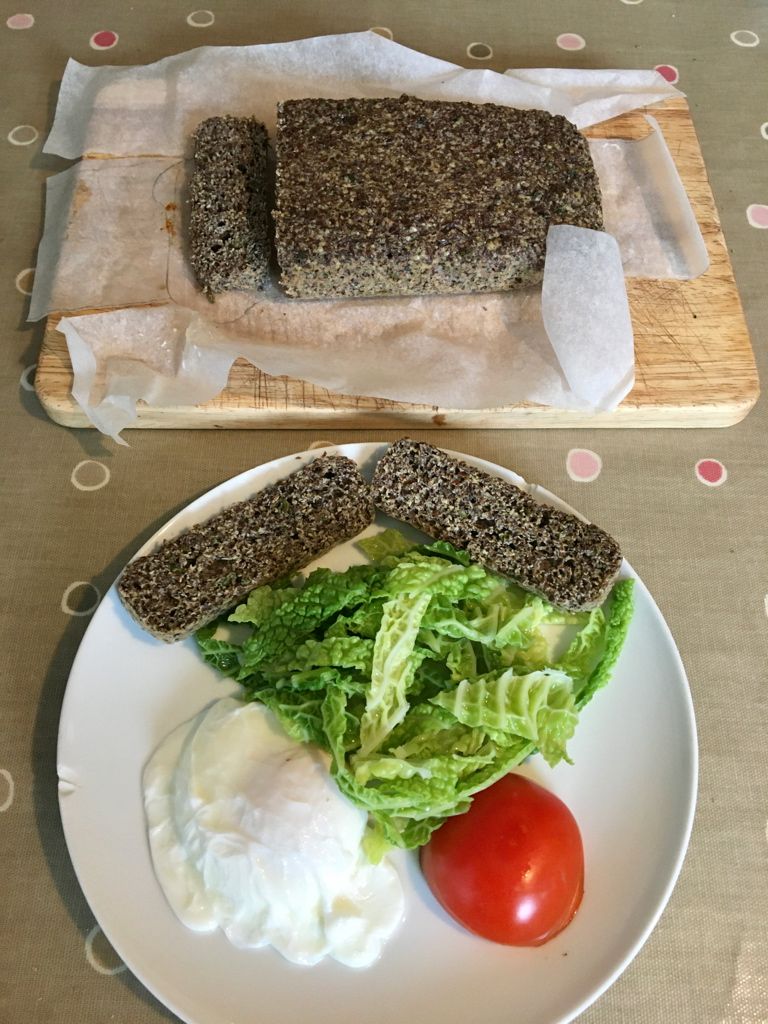Blog
Articles and Recipes

2 January 2025
Magnesium is the fourth most abundant mineral in the body, every cell in your body contains it, and needs it to function. Magnesium is involved in more than 300 metabolic reactions in the body (1), including · Energy creation: Helps convert food into energy. · Nervous system regulation: Magnesium has a calming influence, regulating neurotransmitters, that send messages throughout your brain and nervous system, and can help sleep and aid depression (2) · Protein formation: Helps create new proteins from amino acids. · Gene maintenance: Helps create and repair DNA and RNA. · Muscle movements: As part of the contraction and relaxation of muscles. Magnesium is safe and widely available The Nutrient Reference Value (NRV) for Magnesium in the EU is 375mg a day. In the U.S the recommended daily intake (RDI) is 400–420 mg per day for men, and 310–320 mg per day for women. Studies suggest that about 50% of people in the US and Europe get less than the recommended daily amount of magnesium ( 3 & 4). Why? We can’t say for certain but is thought to be due to depleted soils and over refining that reduces mineral content. Some stomach, kidney and pregnancy medically diagnosed conditions can also reduce magnesium availability (5). For all medical conditions it is important to consult your GP first. You can get magnesium from both food and supplements. Food Sources The following foods are good to excellent sources of magnesium: (6) · Pumpkin seeds: 46% of the RDI in a quarter cup (16 grams). · Dark chocolate (70–85% cocoa): 33% of the RDI in 3.5 ounces (100 grams). · Black beans: 30% of the RDI in a cup (172 grams). · Quinoa, cooked: 33% of RDI the in a cup (185 grams). · Halibut: 27% of the RDI in 3.5 ounces (100 grams). · Almonds: 25% of the RDI in a quarter cup (24 grams). · Cashews: 25% of the RDI in a quarter cup (30 grams). · Mackerel: 19% of the RDI in 3.5 ounces (100 grams). · Avocado: 15% of the RDI in one medium avocado (200 grams). · Salmon: 9% of the RDI in 3.5 ounces (100 grams). Supplements Magnesium can is readily absorbed through the skin. For this you can · Soak for 20 mins in a warm bath with 500g of epsom salts · Spray magnesium oil straight onto skin – spray onto your feet at bedtime for maximum absorption and a great sleep Alternatively · Take high bioavailability ( high absorption in your stomach), such as a chelated magnesium supplement, avoid magnesium oxide which is very low absorption References 1. Magnesium in Prevention and Therapy. Gröber et al 2015 .Nutrients.Sep 23;7(9):8199-226. 2. Magnesium in depression. Serefko et al 2013. Pharmacol Rep. 2013;65(3):547-54. 3. Suboptimal magnesium status in the United States: are the health consequences underestimated? Rosanoff et al 2012. Physiol Rev. . Mar;70(3):153-64. 4. Safe Upper Levels for Vitamins and Minerals, May 2003, Expert Group on Vitamins and Minerals 5. http://bestpractice.bmj.com/best-practice/monograph/1137/overview/aetiology.html 6. Authority Nutrition - 10 Evidence-Based Health Benefits of Magnesium
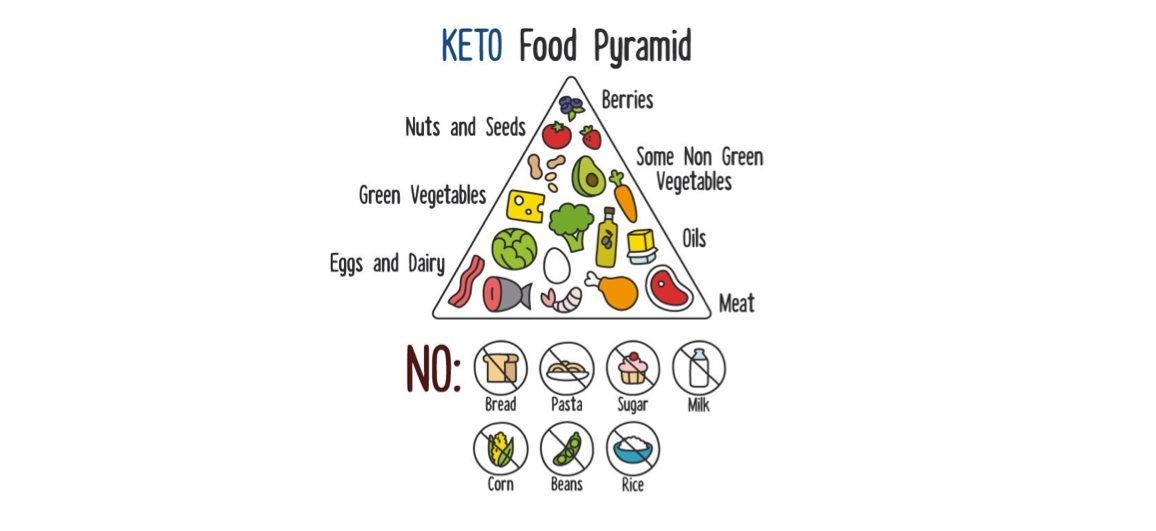
2 January 2025
Guided Ketogenic diet ? – what is it, how does it work? Humans are evolutionary adapted to use any of the macro nutrients (fats, proteins, carbohydrates) for energy. Ketosis is a metabolic state in which your body uses stored fat rather than carbohydrates as your main energy source. Ketogenic diets are being used not only for weight loss but also as a tool for metabolic healing. This is because ketosis · Takes the reliance off the adrenals for blood sugar regulation ( therefore benefits those with blood sugar/ insulin resistance problems) 1 · Resets leptin, the hormone that controls appetite and also energy expenditure, so helps to regulate energy balance, which is important to support healing · Aids weight loss. Ketogenic diets can yield greater weight loss over medium carbohydrate diets 2, 3 and low fat, medium carb diets 4,5 . This is because eating excess refined carbohydrates leads to fat storage. High natural healthy fat intake leads to fat loss · Promotes fat cycling, rather than storage, can also encourage elimination of any fat soluble toxins stored in your fat cells 6 · Originally designed to offset excitatory brain agitation in epilepsy, ketosis calms the neural activity and is also being used for Alzheimers, Parkinson, migraines and other neural degenerative diseases 7 · Ketones are anti inflammatory so drive down any other inflammation to allow healing and this is being investigated for reducing cancer tumours 7,8,9 However! , there are however pitfalls and this needs to be entered with caution and guidelines so you don’t do yourself more harm than good. This includes - Getting the right balance of nutrients with a high fat, moderate protein and low carbohydrates - Guidance for transition into ketosis as unguided this can be stressful on the body - Making sure you are not in ketosis long term as this can down regulate your metabolism - Consideration of adaptations of the ketogenic diet for those undertaking cardio/ aerobic/ athletic training I had a step change in my own health when following a guided ketogenic diet. If you are interested in trying a guided ketogenic diet to help your health then please feel free to get in touch . 1. Effect of a low-carbohydrate diet on appetite, blood glucose levels, and insulin resistance in obese patients with type 2 diabetes. Boden G , Sargrad K , Homko C , Mozzoli M , Stein TP . Ann Intern Med. 2005 Mar 15;142(6):403-11. 2. Effects of a high-protein ketogenic diet on hunger, appetite, and weight loss in obese men feeding ad libitum. Johnstone AM , Horgan GW , Murison SD , Bremner DM , Lobley GE . Am J Clin Nutr. 2008 Jan;87(1):44-55. 3. Body composition and hormonal responses to a carbohydrate-restricted diet. Volek JS , Sharman MJ , Love DM , Avery NG , Gómez AL , Scheett TP , Kraemer WJ . Metabolism. 2002 Jul;51(7):864-70. 4. Twelve-month outcomes of a randomized trial of a moderate-carbohydrate versus very low-carbohydrate diet in overweight adults with type 2 diabetes mellitus or prediabetes. Saslow LR , Daubenmier JJ , Moskowitz JT , Kim S , Murphy EJ , Phinney SD , Ploutz-Snyder R , Goldman V , Cox RM , Mason AE , Moran P , Hecht FM . Nutr Diabetes. 2017 Dec 21;7(12):304. 5. A randomized trial comparing a very low carbohydrate diet and a calorie-restricted low fat diet on body weight and cardiovascular risk factors in healthy women. Brehm BJ , Seeley RJ , Daniels SR , D'Alessio DA . J Clin Endocrinol Metab. 2003 Apr;88(4):1617-23. 6. Fats that heal and Fats that Kill , Udo Erasmus, Alive books, 1993 7. Potential for diet to prevent and remediate cognitive deficits in neurological disorders. Francis HM , Stevenson RJ . Nutr Rev. 2018 Jan 15. doi: 10.1093/nutrit/nux073. [Epub ahead of print] 8. Obesity and tumor growth: inflammation, immunity, and the role of a ketogenic diet. Wright C 1 , Simone NL . Current Opinion in Clinical Nutrition & Metabolic Care: July 2016 - Volume 19 - Issue 4 - p 294–299 9. The calorically restricted ketogenic diet, an effective alternative therapy for malignant brain cancer. Zhou W , Mukherjee P , Kiebish MA , Markis WT , Mantis JG , Seyfried TN . Nutr Metab (Lond). 2007 Feb 21;4:5.

1 January 2025
Is Mould/ Mold stopping you healing? Mould ( in the UK) , also known as Mold in the USA , is a categorised by the UK 2004 Government Housing Act Report , 'Housing Health and Safety Rating System (HHSRS)' (ref 1) as a hazard to health, amongst other health hazards such as asbestos and carbon monoxide It's not the mould you can see that’s a problem, it’s the dead and airborne mould, bacteria and other “invisible” contaminated fragments & mycotoxins that you inhale which are considered the greatest health hazard. The tiny spores can pass through the blood brain barrier cause metabolic chaos. Symptoms include – fatigue, brain fog and headaches. Increased sensitivity/ allergies An estimated 25% of the western populations have a mutation in he HLA gene that mean they can’t eliminate mould There are various lab tests that cost £250-£700 to determine mycotoxins. However the Visual Contrast Sensitivity test ( VCS) is a an affordable proxy, for biotoxin accumulation. This is because biotoxins accumulate in the optic nerve and impair visual contrast ( black/ grey on white) The VCS has low false positives ( around 98%) , high false negatives (around 10%) Biotoxins removal gave me a massive step change in my NE/ CFS recovery Below are my VCS test results. Initially in 2017 where you can see my results ( red line) are considerable below the healthy populations response ( grey line). I was exposed to mould as a child and remember it growing on the walls.







